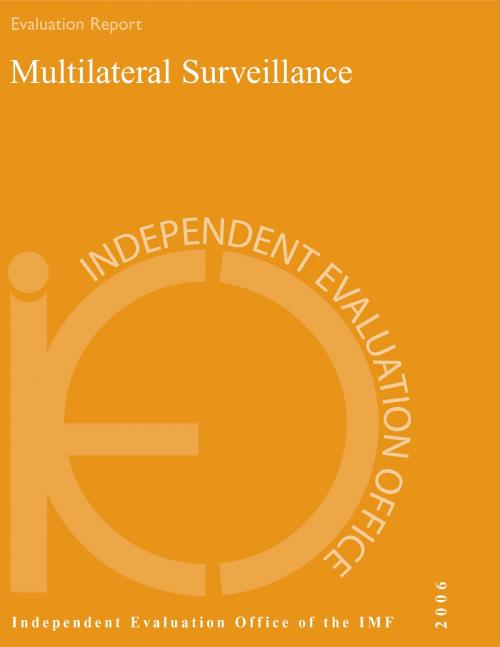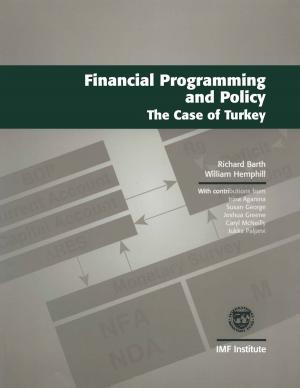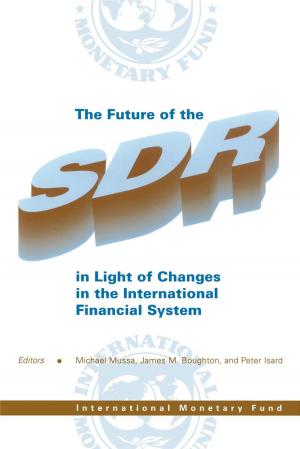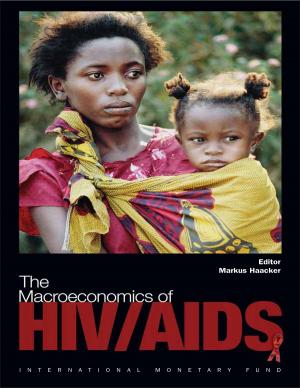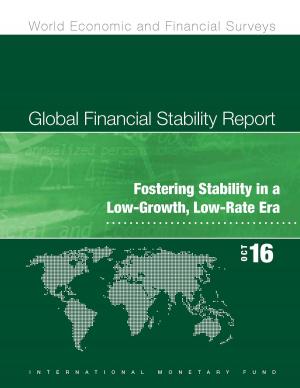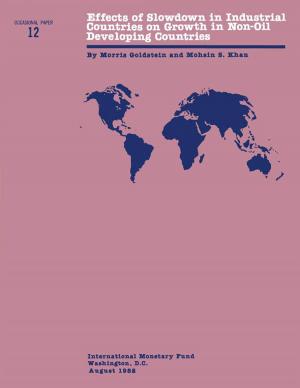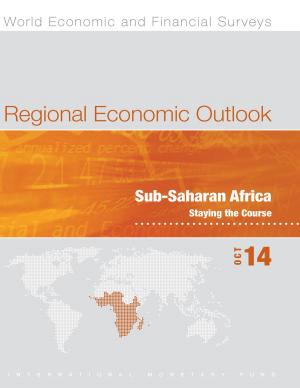IEO Report on Multilateral Surveillance
Business & Finance, Economics, Money & Monetary Policy, Finance & Investing, Banks & Banking, Nonfiction, Social & Cultural Studies, Political Science, Politics, Economic Policy| Author: | International Monetary Fund. Independent Evaluation Office | ISBN: | 9781452733197 |
| Publisher: | INTERNATIONAL MONETARY FUND | Publication: | September 1, 2006 |
| Imprint: | INTERNATIONAL MONETARY FUND | Language: | English |
| Author: | International Monetary Fund. Independent Evaluation Office |
| ISBN: | 9781452733197 |
| Publisher: | INTERNATIONAL MONETARY FUND |
| Publication: | September 1, 2006 |
| Imprint: | INTERNATIONAL MONETARY FUND |
| Language: | English |
Surveillance is a core function of the IMF, a critical element of its toolkit for promoting global financial stability. Multilateral surveillance brings into analysis economic linkages and policy spillovers between countries, as well as international economic and market developments. This evaluation report covers the IMF’s multilateral surveillance activities during 2000–05 and addresses a variety of questions: Do the issues analyzed under multilateral surveillance reflect the IMF’s comparative advantage? Are these issues relevant and timely? How well are macroeconomic and capital market surveillance combined in the analysis of relevant issues? How well are the messages of multilateral surveillance presented? And does multilateral surveillance have an impact on country policies? The evaluation concludes with recommendations for the IMF.
Surveillance is a core function of the IMF, a critical element of its toolkit for promoting global financial stability. Multilateral surveillance brings into analysis economic linkages and policy spillovers between countries, as well as international economic and market developments. This evaluation report covers the IMF’s multilateral surveillance activities during 2000–05 and addresses a variety of questions: Do the issues analyzed under multilateral surveillance reflect the IMF’s comparative advantage? Are these issues relevant and timely? How well are macroeconomic and capital market surveillance combined in the analysis of relevant issues? How well are the messages of multilateral surveillance presented? And does multilateral surveillance have an impact on country policies? The evaluation concludes with recommendations for the IMF.
